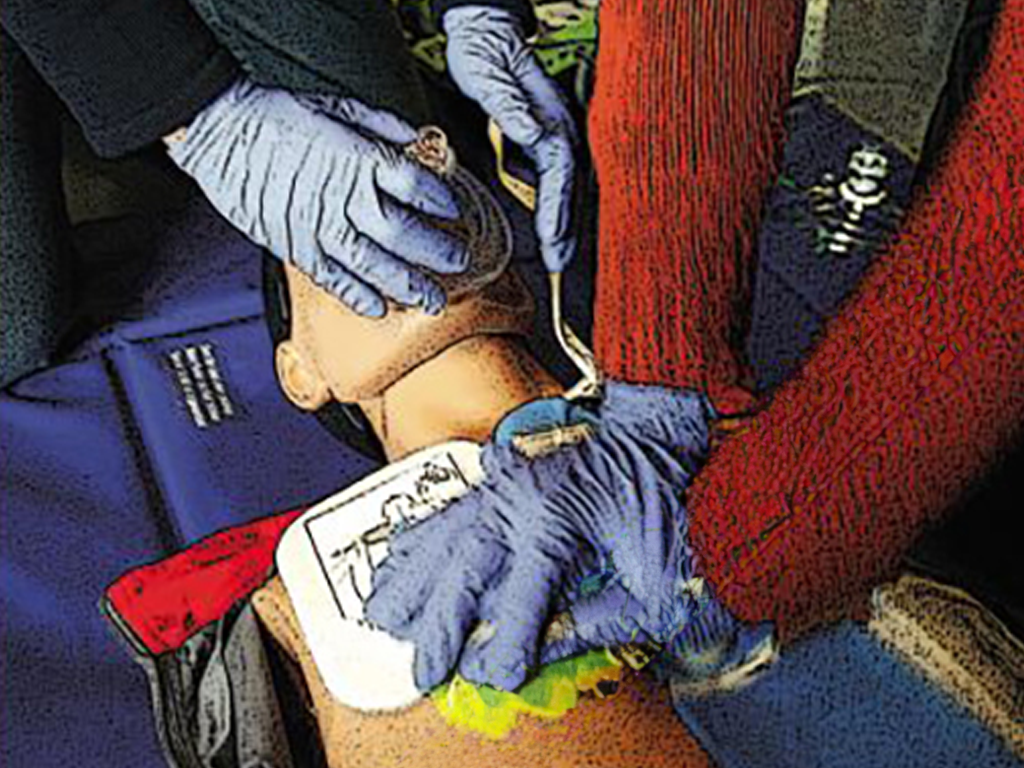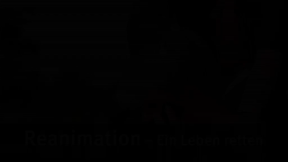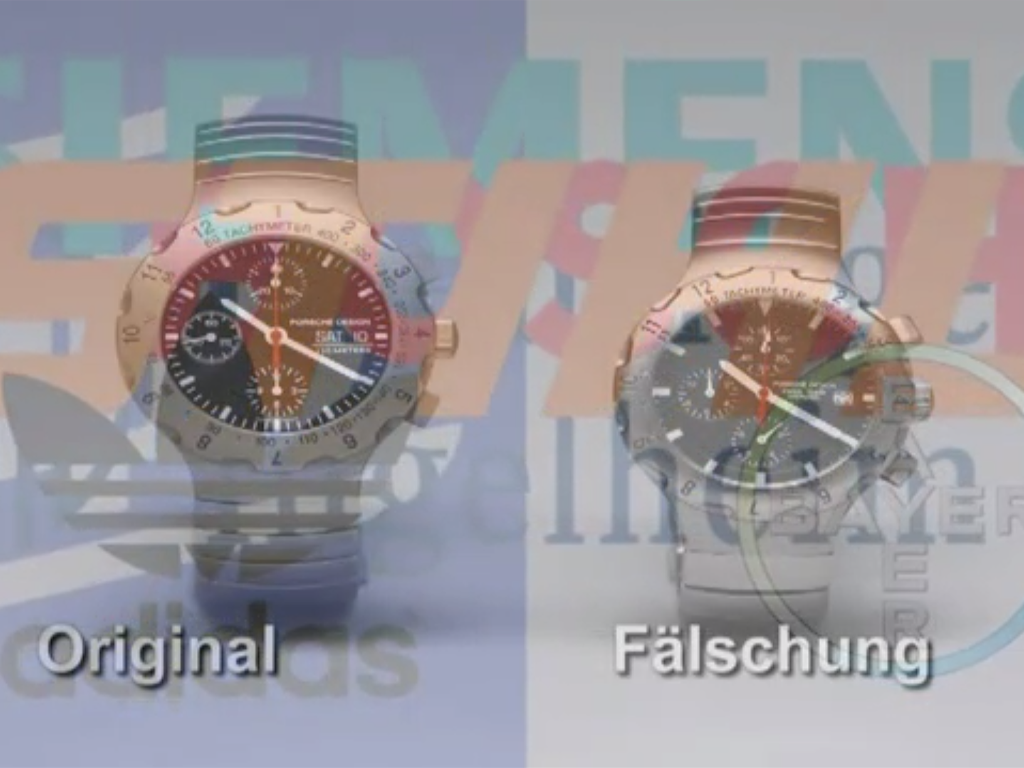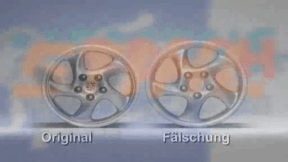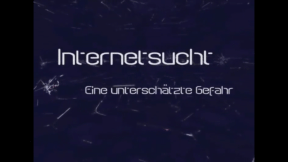 Technology
Technology


4664221 / 5553660
Communication
Radio, Telephone, Television
There is almost no other technical field in which such wide-reaching changes have taken place in recent years as in the field of communication. The film provides impressive evidence of the developments and advances of communication technology. The invention of radio technology, introducing a new era of the transmission of messages, is demonstrated as well as innovations in the field of radio broadcasting and eventually the propagandistic use of radio and television during the Third Reich. Efforts to transmit language are a topic of the film as well as the worldwide success of the telephone which led to the formation of telephone exchanges. The film concentrates just as much on a detailed presentation of the current situation as on a precise description of the bygone era. The advent of television developed by Becquerel, by Nipkow and Braun up to the transition from analog to digital TV broadcasting is made a subject of discussion. Earlier film footage adds to the authenticity and makes past aspects comprehensible. Together with the extensive accompanying material the DVD is ideally suited for use in the classroom.
Play trailer

Curriculum-centred and oriented towards educational standards
Matching
Resuscitation
It can happen to anyone – of any age, in any place, at any time. Sudden cardiac arrest may quickly prove fatal. Immediate action is called for! Just remember: Check Call Press Anyone can do it. You can't do anything wrong!
Product Piracy
Counterfeiting takes place in almost all economic sectors – textiles, watches, car parts, machine parts, tools, accessories, software and medicines. Some counterfeits are easy to recognise, others are so well-executed that even experts have difficulty distinguishing between original and imitation. This DVD covers the development of a product from idea to manufacture. Once a product has become a trademark, product pirates appear on the scene.
Internet Addiction
The film consists of two parts. The first part is the 15-minute short film “In the Net”. It describes the problem of excessive Internet use in a humorous way, in particular the risk of losing touch with reality when chatting. The second part illustrates with three real persons how Internet addiction can develop and the problems encountered by those who are afflicted. The authentic statements are commented by an experienced therapist. For many pupils, the issues addressed here are related to their everyday lives. What is a “sensible” use of the Internet, where does pathological addiction start? In contrast to addiction to alcohol, nicotine or drugs, the public seems to be largely ignorant of the problem of this addiction, which is not related to any substance abuse. The film provides material for discussion in the classroom (crossdisciplinary) and can be used as a basis for the formulation of prevention strategies.




